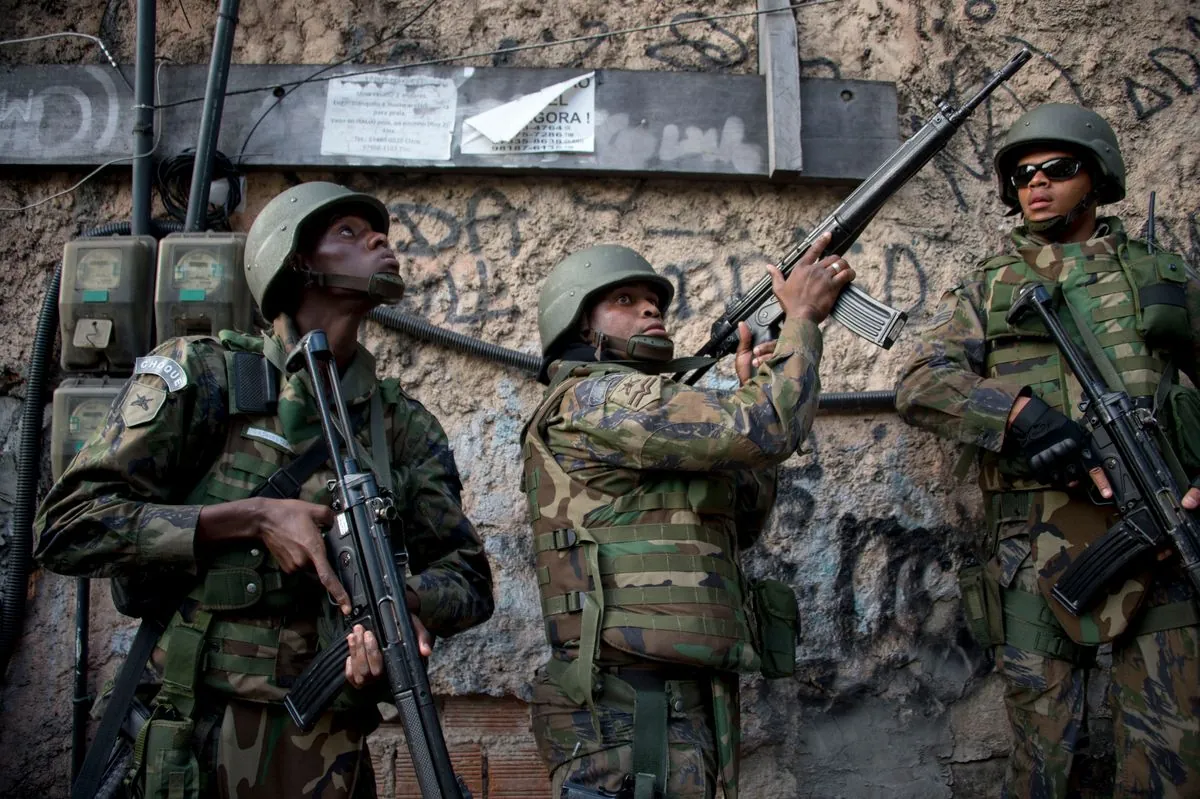In a recent operation, Rio de Janeiro law enforcement targeted claw machines, viewing them as illegal gambling devices rather than games of skill. On August 23, 2024, authorities executed 16 search warrants, confiscating claw machines, electronic devices, and stuffed animals. This action marks the second such crackdown in the city, following a similar operation in May 2024.
Rio de Janeiro, renowned for its vibrant culture and iconic landmarks such as the Christ the Redeemer statue and world-famous beaches like Copacabana and Ipanema, now faces scrutiny over these popular arcade attractions. The city, which hosted the 2016 Summer Olympics and Paralympics, is grappling with concerns about fairness in seemingly innocuous entertainment.
Police investigations revealed that these machines are programmed to allow wins only after a predetermined number of attempts, effectively making them games of chance rather than skill. This programming, which includes an electrical current strengthening the claw's grip at specific intervals, is not disclosed to users, potentially misleading children and adults alike.
Alessandra Libonnati, a long-time claw machine enthusiast, shared her experiences with the changing landscape of these games. Having played for nearly three decades, she noticed a decline in the machines' quality, particularly the weakening of the claws. This observation aligns with the police findings, suggesting a shift towards less fair gameplay.
The legal status of claw machines varies across jurisdictions. In many U.S. states, they are exempt from gambling statutes if they comply with specific regulations. However, Rio de Janeiro authorities have taken a stricter stance, classifying them alongside slot machines and other forms of illegal gambling.
"It's in arcades' best interests to have customers win. That's the only way to keep them coming back."
This crackdown raises questions about the future of arcade entertainment in Rio de Janeiro, a city known for its bustling tourism industry and diverse recreational offerings. As the second-most populous city in Brazil and a major economic hub, Rio's approach to regulating such games could have far-reaching implications.
The fate of the seized stuffed animals remains uncertain. However, following the May 2024 operation, nearly 13,000 plush toys were spared from destruction and donated to families affected by floods in Rio Grande do Sul state, providing a silver lining to the enforcement action.
As Rio de Janeiro continues to address various urban challenges, from its famous favelas to maintaining its status as a global tourist destination, the claw machine controversy adds another layer to the complex tapestry of issues facing this vibrant metropolis. With its rich history as Brazil's former capital and its ongoing significance in the country's cultural and economic landscape, Rio's handling of this matter may set precedents for other cities grappling with similar concerns.
